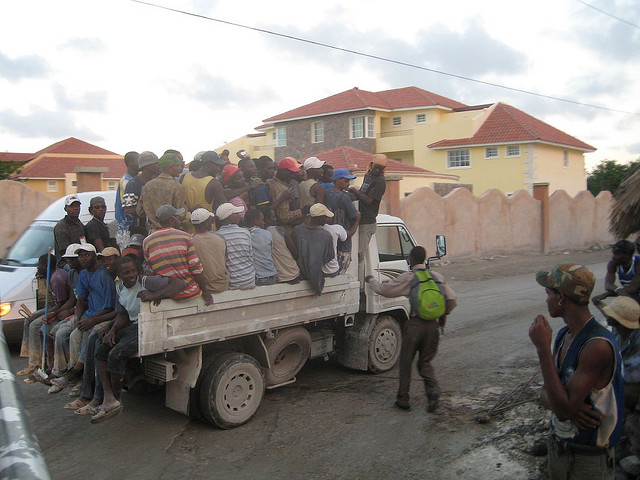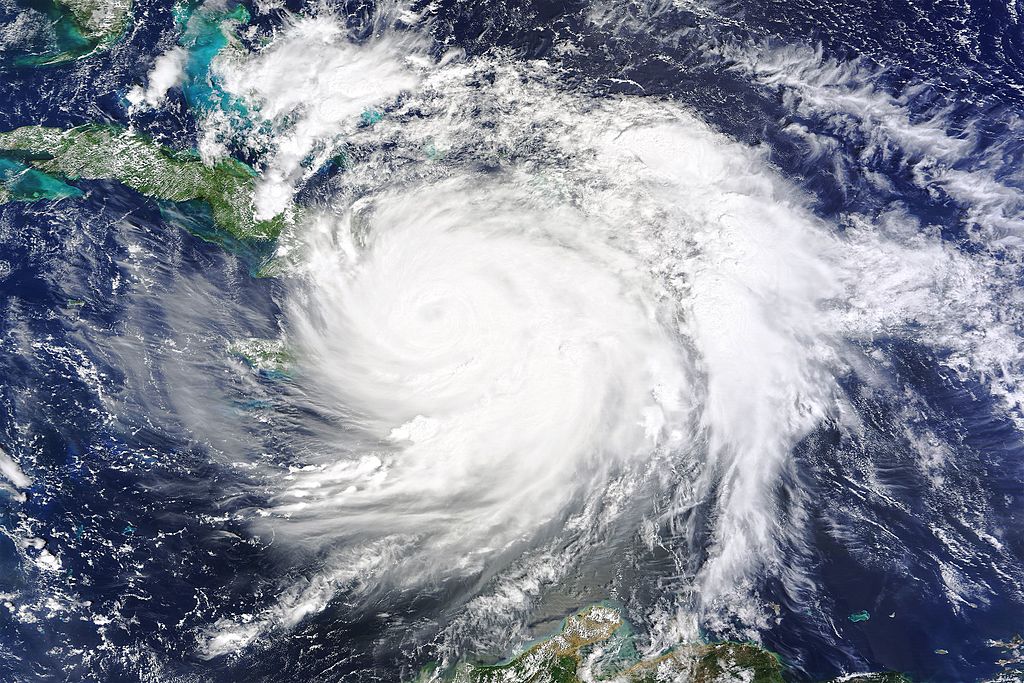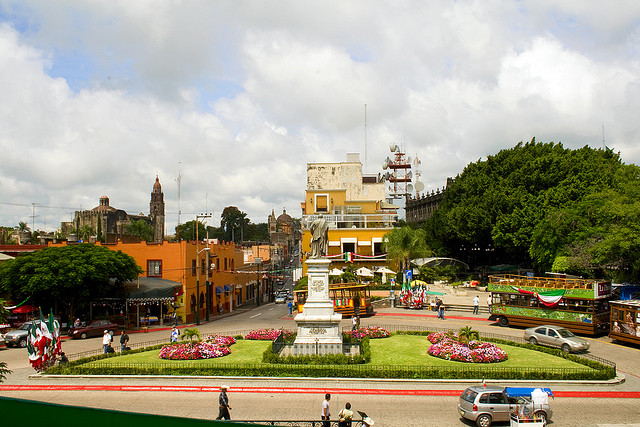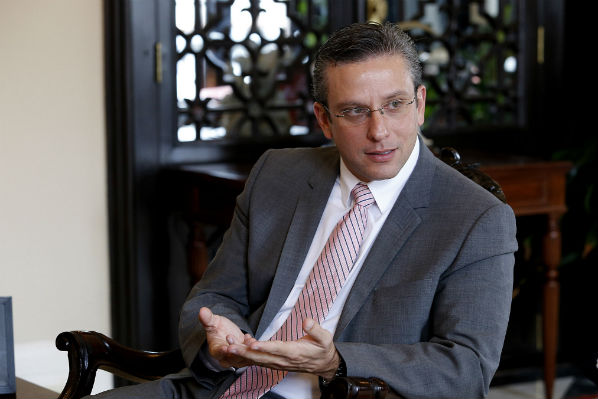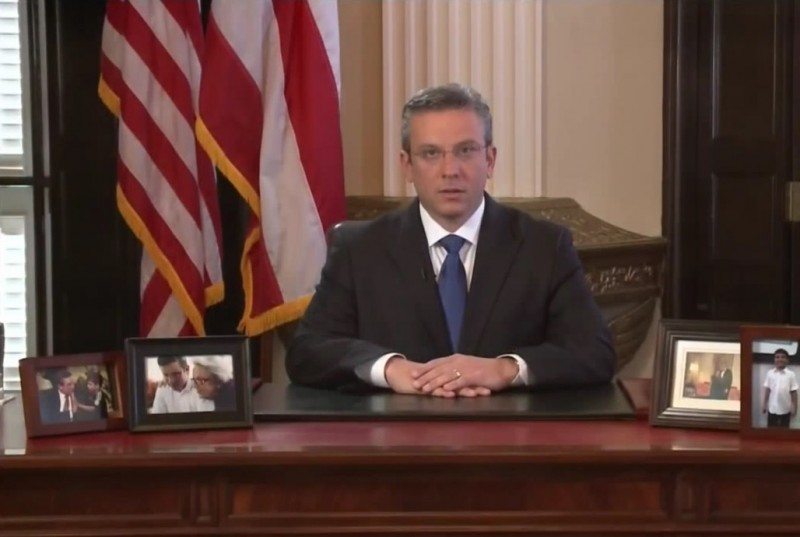
Caribbean, Latin America: Week in Review, Puerto Rico
In Televised Address, Puerto Rico’s Governor Says Island’s Debt Is “Unpayable”
June 30, 2015 By Staff
Top Story — In a televised speech delivered in a somber tone on Monday, Puerto Rican Gov. Alejandro García Padilla said that Puerto Rico’s $73 billion public debt is “unpayable,” confirming similar remarks made yesterday to The New York Times, which laid out steps for the restructuring of the U.S. commonwealth’s debt obligations.
“The public debt, considering the current level of economic activity, is unpayable,” García Padilla said in the prerecorded address. “In addition, the size of that debt prevents us from leaving the cycle of recession and economic contraction.”
García Padilla proposed a number of economic remedies on Monday, including reforms that he said will increase private sector investment in the economy, create jobs and improve government revenue collection. The governor also called for U.S. lawmakers to pass legislation that would allow the island to file for Chapter 9 bankruptcy, which it is currently prohibited from doing.
García Padilla’s speech comes as his government released a report Monday that they commissioned from several former officials at the World Bank and International Monetary Fund, which called for a restructuring of Puerto Rico’s debt on terms more favorable to the debt-straddled island. The report, which played a central role in the governor’s Monday speech, urges bondholders of Puerto Rican debt to discuss taking financial losses on the commonwealth’s debt, as well as allowing Puerto Rico to extend payment deadlines and lowering payment rates.
The decision to seek debt restructuring is an about-face by García Padilla, who since his election in 2012 has attempted to use austerity cuts and financial borrowing to stave off financial crisis. Several months ago, his administration was reportedly in talks to borrow some $2.9 billion to be paid for by a new fuel tax, but now has proposed a debt exchange, in which creditors holding Puerto Rican debt would swap their current bonds for new ones with terms more favorable to Puerto Rico.
This massive restructuring is likely to have a significant effect on the U.S. municipal bond market, which is an important tool used by cities and states to raise funds for essential infrastructure needs.
Puerto Rico currently has the largest amount of municipal bond debt per capita in the entire United States, and restructuring on such a large scale could likely increase borrowing rates for other government entities and municipalities across the country looking to fund infrastructure projects.
For more coverage of García Padilla’s speech and Puerto Rico’s debt crisis, continue reading this piece from LAND editor Dusty Christensen.
Headlines from the Western Hemisphere
North America
- The Inter-American Commission on Human Rights announced on Monday that, three months after filing a request with the Mexican government, its investigators have yet to receive the go-ahead to interview soldiers in relation to the disappearance of 43 teacher-trainee students from Iguala, Mexico in September.
- NBC Universal has terminated all business contracts with Donald Trump — including yearly broadcasts of the Miss USA and Miss Universe pageants, co-owned by Trump — over the Republican presidential candidate’s recent derogatory remarks about Mexicans.
- There are now more Spanish speakers in the United States than there are in Spain, according to a study by the Instituto Cervantes, making it the second country in the world, behind Mexico, with the most Spanish speakers.
Caribbean
- The Huffington Post narrows in on the plight of the tens of thousands of Haitian migrants who have worked and lived in the Dominican Republic for decades, but were never given official identification papers and now are under the threat of deportation according to controversial recent immigration measures.
Central America
- Extensive flooding in Costa Rica has left hundreds of people homeless, as the administration of President Luis Guillermo Solís considers issuing a state of national emergency in the eastern province of Limón.
Andes
- FARC rebels bombed another section of oil pipeline in Colombia on Monday, just a week after allegedly staging an attack that caused what some have called the worst environmental disaster in the country’s history.
- Pope Francis reportedly said he hopes to chew coca leaves on a planned trip to Bolivia, a statement which has caused media fervor due to the fact that the crop’s leaves are technically illegal under a 1961 UN treaty.
Southern Cone
- The U.S. Department of Agriculture has approved the importation of beef from Argentina and Brazil at a time when the latter’s President Dilma Rousseff is in the United States seeking increased trade ties, top among them agricultural exports from Brazil.
- Speaking from New York, Rousseff condemned the informants assisting in an unprecedented investigation into corruption at the state-run oil firm Petrobras, comparing them to collaborators in the military regime that imprisoned her in the 1970s when she was a Marxist radical.
